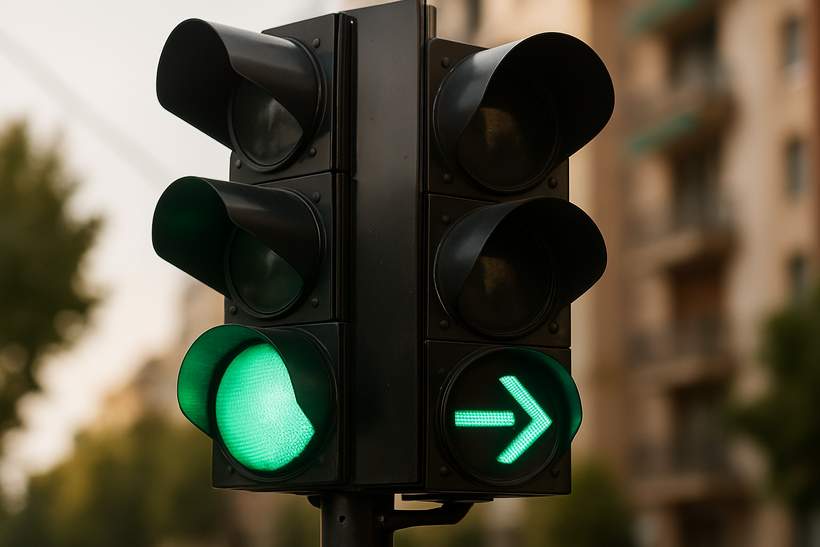NCPG Reports Decline in Risky Gambling Amidst Growing Legal Access

Overview of Responsible Gambling Trends in the U.S.
The National Council on Problem Gambling (NCPG) has published recent findings indicating a decline in risky gambling behaviors among Americans. Despite increased availability of regulated gambling options across many states, the proportion of individuals engaging in gambling activities appears to be decreasing.
Decline in Gambling-Related Harm According to NCPG Surveys
The NCPG’s National Survey on Gambling Attitudes and Experiences 3.0, conducted in April 2024, revisited data trends first assessed in 2018, the year the Professional and Amateur Sports Protection Act (PASPA) was struck down. This survey evaluates gambling-related harm utilizing a four-indicator checklist to identify individuals affected by problem gambling.
In 2018, about 7% of adults in the U.S. reported experiencing at least one indicator of gambling harm. This figure rose sharply to 11% in 2021, coinciding with the COVID-19 pandemic and related lockdowns, suggesting increased gambling distress during that period. However, the latest data from 2024 demonstrate a reduction to 8%, signaling a return to levels close to those before the pandemic.
Although 38 states now have legalized and regulated gambling markets, the prevalence of gambling-related harm in 2024 remains near the 2018 baseline. This trend suggests that increased access alone has not driven sustained increases in risky gambling behaviors following the lifting of pandemic restrictions.
Implications of Widespread Legalization and Public Perceptions
It is estimated that approximately 20 million Americans may experience problem gambling, yet only 39% recognize gambling-related harm as a significant concern. The NCPG highlights a prevailing misconception among the public that gambling problems stem primarily from personal failings such as weak willpower or moral fault. They emphasize the urgent need for education on the nature of gambling risks and effective strategies to mitigate harm, particularly targeting vulnerable groups including young adults, males, online bettors, and sports gamblers.
Despite expanded legalization across many states, the percentage of American adults who gamble has decreased slightly, from 26% in 2021 to 23% in 2024, remaining close to the 20% recorded in 2018. This reinforces the notion that broader legalization has not substantially increased overall participation in gambling activities.